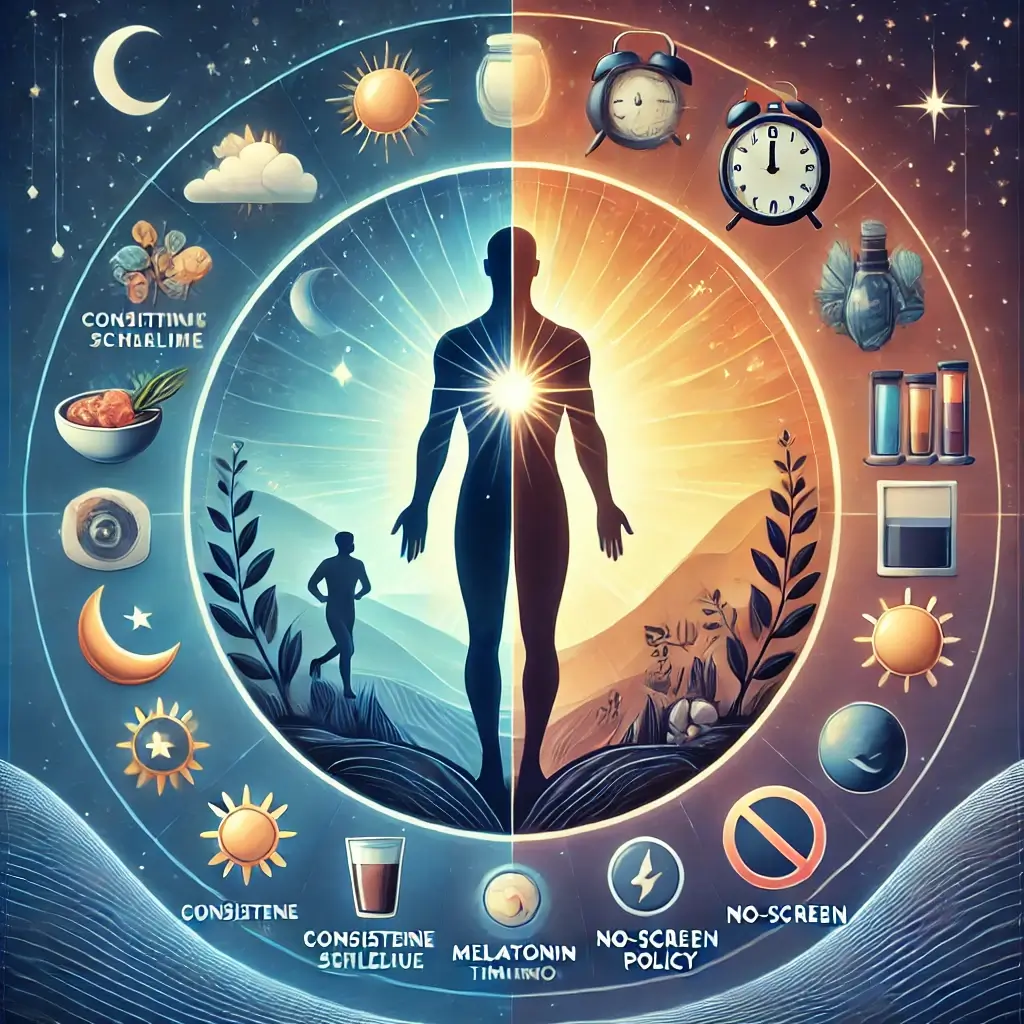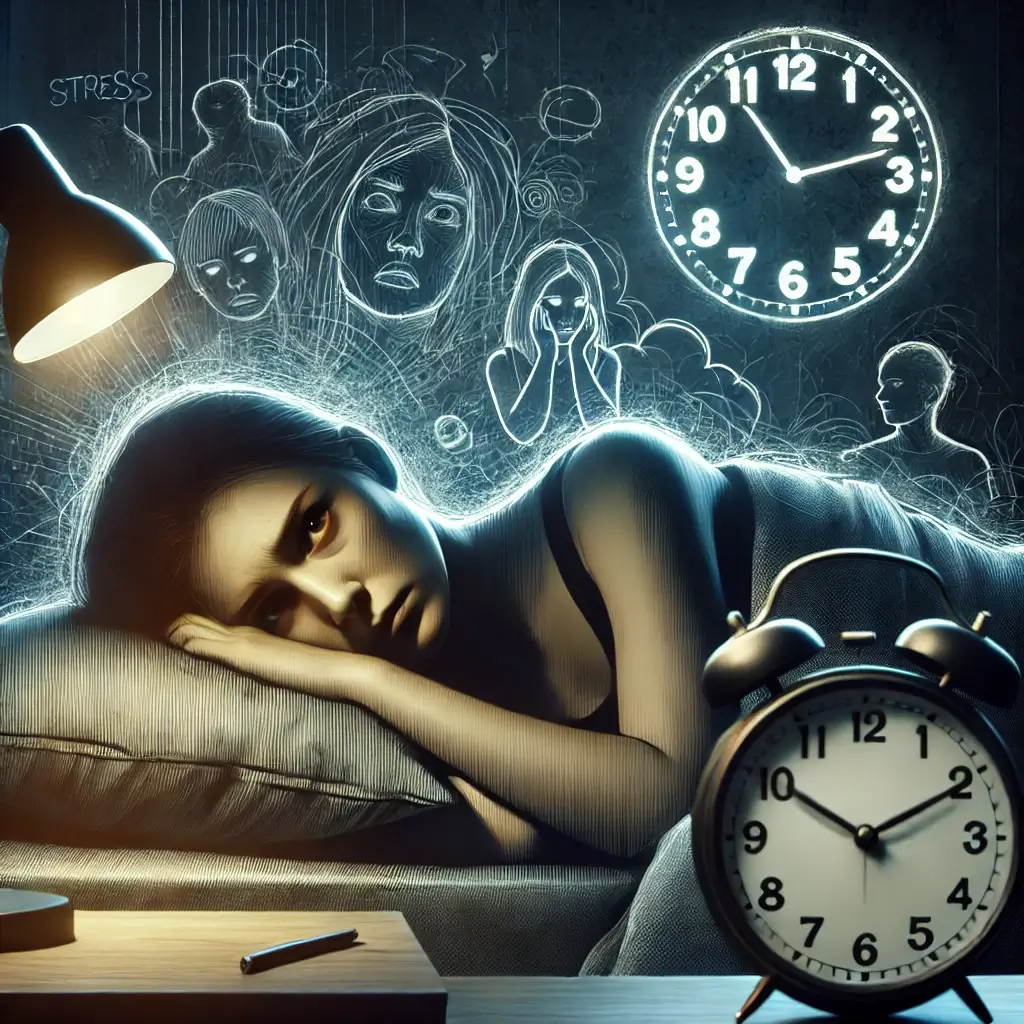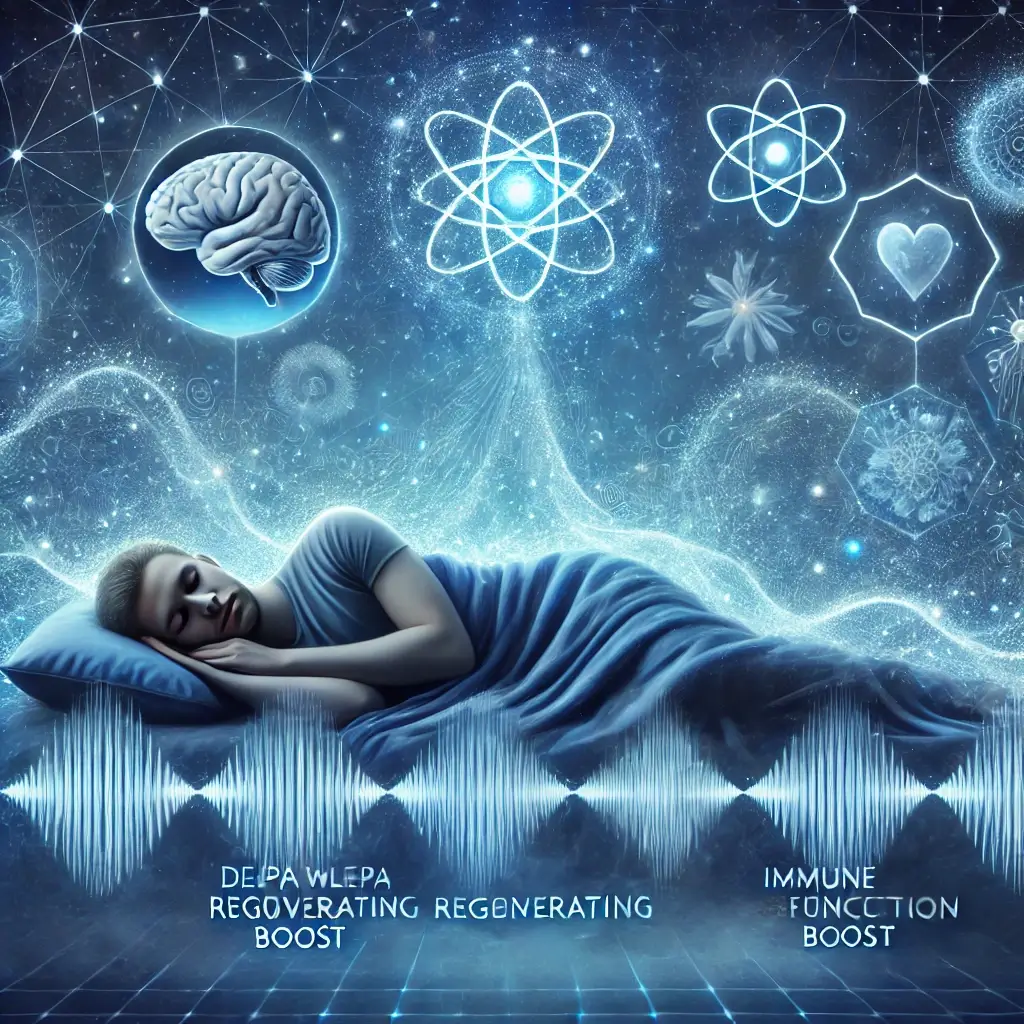The Modern Challenge of Sleep Disruption
In today’s hyper-connected world, disrupted sleep patterns are a growing concern. From late-night screen time to erratic work schedules, modern life often conflicts with our biological need for restorative rest. At the core of these challenges lies the circadian rhythm—a 24-hour cycle that governs our sleep-wake patterns, hormonal fluctuations, and other vital processes. This internal clock is influenced by external factors, especially light, which acts as a signal to regulate melatonin production, the hormone responsible for sleep.
Health Implications of Circadian Disruption
When your circadian rhythm is thrown off balance, it can lead to more than just fatigue. Studies have shown that persistent disruptions increase the risk of serious health issues such as cardiovascular disease, metabolic disorders, and depression (National Heart, Lung, and Blood Institute, 2020). But the good news is that our internal clocks are adaptable. With the right strategies, you can reset your circadian rhythm, achieve better sleep, and improve your overall health.
Introduction to Reset Methods
This article outlines science-backed methods to recalibrate your circadian rhythm quickly, providing you with actionable insights to regain sleep harmony and vitality.
Scientific Background of Reset Strategies
To effectively reset your circadian rhythm, it is essential to manipulate the external and behavioral factors that influence it. These strategies are rooted in scientific research and have proven effective across various contexts, from shift work to jet lag recovery.
The Power of Morning Light
Light is the most potent tool for resetting your circadian rhythm. A 2019 review in Sleep Medicine Reviews emphasized that natural sunlight exposure within an hour of waking significantly suppresses melatonin, thereby reinforcing the body’s wakefulness signals (Revell et al., 2019). Aim for at least 30 minutes of outdoor exposure in the morning, or consider using a light therapy box during darker seasons.
The Importance of Sleep Consistency
Maintaining a regular bedtime and wake-up time is critical. Research by the American Academy of Sleep Medicine found that consistent sleep patterns improve both the quality and efficiency of sleep (Watson et al., 2017). Irregular schedules disrupt the body’s rhythm, making it harder to achieve restorative sleep.
Exercise and Circadian Regulation
Physical activity profoundly impacts circadian regulation, but timing is key. A 2022 meta-analysis in the Journal of Sleep Research reported that morning or early afternoon exercise aligns best with the body’s natural clock. Vigorous evening workouts, however, can delay sleep onset by stimulating the nervous system (Chennaoui et al., 2022).
Role of Melatonin Supplements
Melatonin supplements are a short-term solution for shifting your sleep phase, especially after long-haul travel or during shift transitions. The National Institutes of Health (2020) recommends taking melatonin 1-2 hours before bedtime to mimic the natural onset of nighttime sleepiness.
Managing Stimulant Consumption
Caffeine and alcohol are common disruptors of circadian rhythms. A study published in Chronobiology International found that caffeine intake six hours before bedtime reduces sleep duration by up to one hour (Drake et al., 2013). Similarly, while alcohol may induce drowsiness, it fragments sleep cycles later in the night.
Impact of Blue Light on Sleep
The blue light emitted by electronic screens suppresses melatonin production, delaying sleep onset. A 2021 study in Sleep Health suggested using blue-light-blocking glasses or software filters and avoiding screens at least an hour before bed for optimal circadian alignment (Chang et al., 2021).
The Connection Between Diet and Circadian Rhythm
Meal timing also influences your body’s clock. According to a study in the Journal of Clinical Nutrition (2021), consuming a hearty breakfast and limiting late-night snacking helps stabilize the circadian rhythm by signaling when to release certain metabolic hormones.
Achieving Circadian Balance
Resetting your circadian rhythm is an achievable goal with profound benefits for your health and well-being. Strategies like morning light exposure, consistent sleep schedules, and mindful use of caffeine and screens work synergistically to realign your internal clock. Incorporating these practices into your routine can lead to more restorative sleep, heightened energy levels, and reduced health risks.
When to Seek Professional Help
If sleep disturbances persist despite these efforts, consider consulting a healthcare professional. Chronic sleep issues may stem from underlying conditions like sleep apnea or insomnia, requiring specialized care. By taking proactive steps to reset your circadian rhythm, you are investing in a healthier, more vibrant future.
Scientific References
Chang, A. M., Scheer, F. A., & Czeisler, C. A. (2021). The effects of blue light exposure on sleep: Practical recommendations. Sleep Health, 7(3), 230-240.
Chennaoui, M., Arnal, P. J., & Sauvet, F. (2022). Timing and intensity of physical exercise: Effects on sleep and circadian rhythms. Journal of Sleep Research, 31(1), e13456.
Drake, C., Roehrs, T., Shambroom, J., & Roth, T. (2013). Caffeine effects on sleep taken 0, 3, or 6 hours before going to bed. Chronobiology International, 30(10), 1250-1255.
National Institutes of Health. (2020). Study finds irregular sleep patterns double risk of cardiovascular disease in older adults. Retrieved from NIH Website
Revell, V. L., & Eastman, C. I. (2019). How to trick Mother Nature into letting you fly around or stay up all night. Sleep Medicine Reviews, 43, 176-185.
Watson, N. F., Martin, J. L., & Curry, J. M. (2017). Consistent sleep schedules promote better health. Journal of Clinical Sleep Medicine, 13(7), 839-840.




